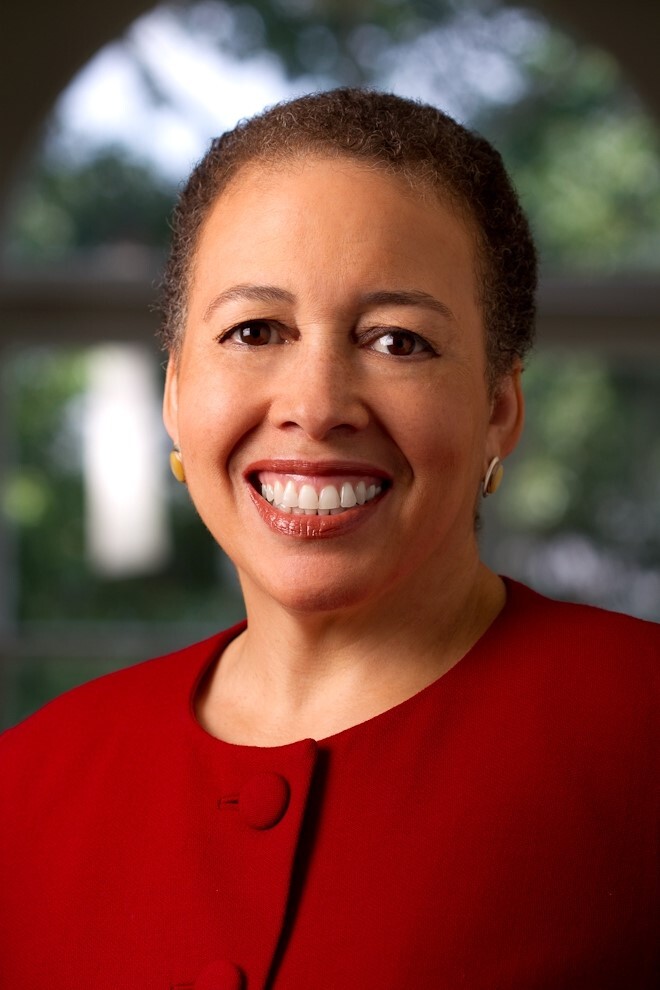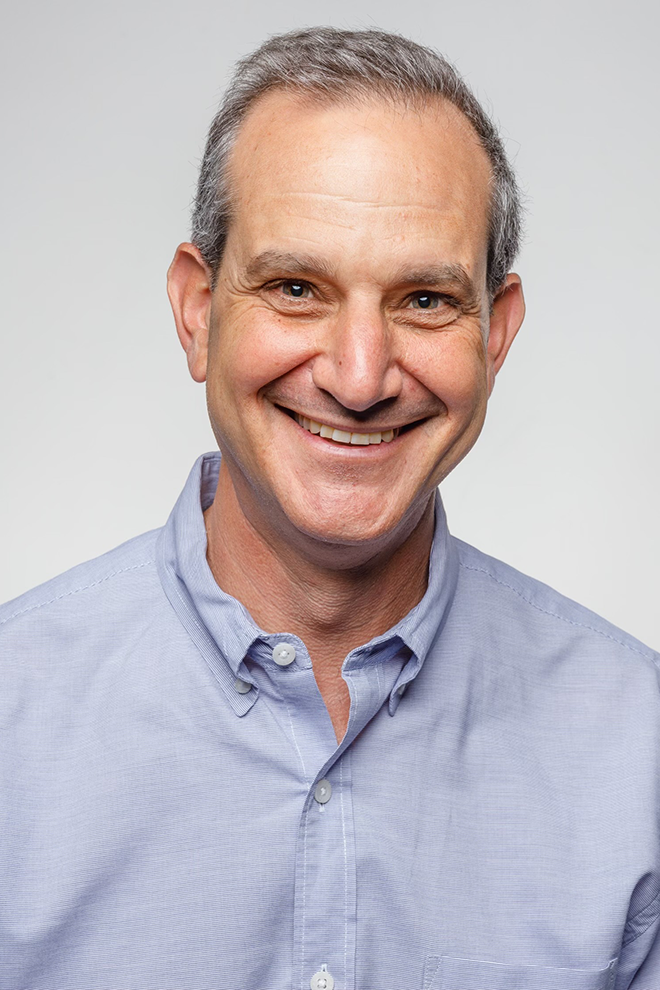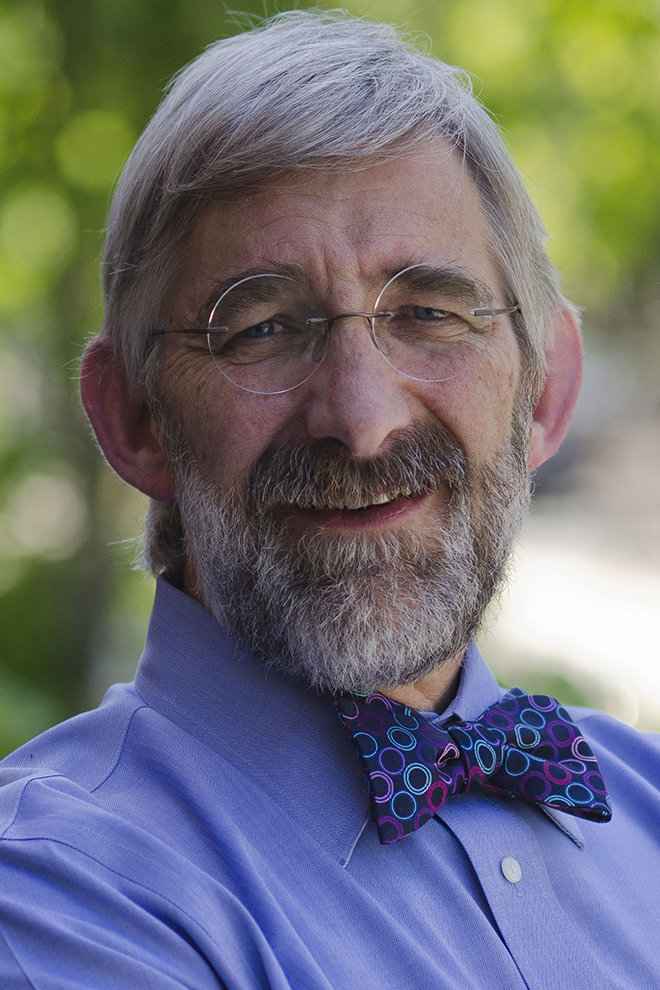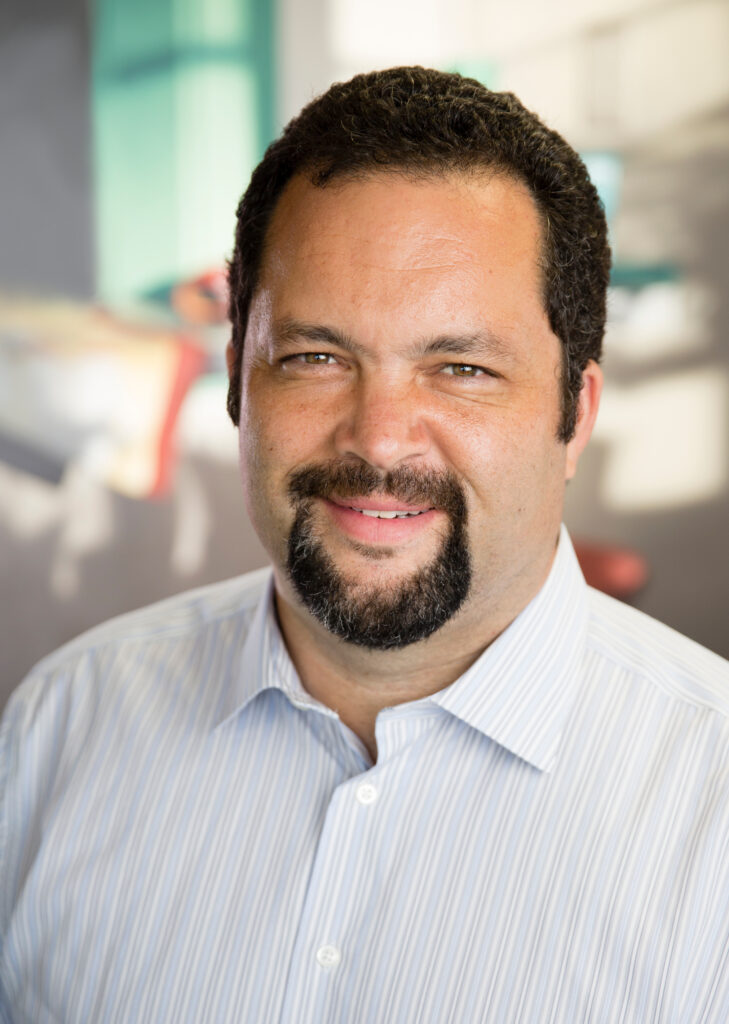Leah Bamberger
What we haven’t done a good job of in [urban] planning is making space for multiple visions…it’s not just anytime you have one vision it’s going to be that of people in power…shifting that is really important to make space a variety of visions that come from community [input]. We set ourselves up for failure when we look at planning as a linear process with a beginning and an end…I see planning as an important part of democracy and it’s an ongoing process.
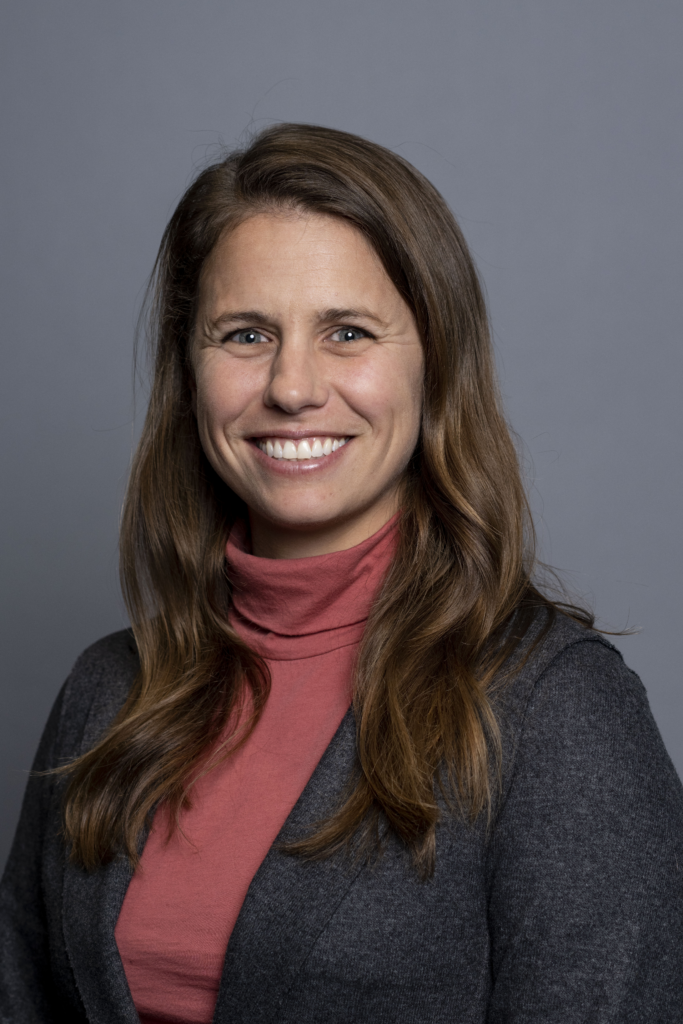
About
Leah Bamberger joined Northeastern as Executive Director of the Northeastern University Climate Justice and Sustainability Hub in early 2022. In this role, she is leading the University’s efforts to develop and implement a climate justice strategy that begins to align campus operations and development, and engage academics, research, and student resources with community priorities and concerns around sustainability and climate justice objectives. Leah comes to Northeastern from the City of Providence, Rhode Island, where she served as the Director of Sustainability for the past seven years. Under her leadership and in partnership with frontline community members, the office transformed its work to focus on environmental justice and centering racial equity. She was also a co-creator of Providence’s 2019 Climate Justice Plan that was recognized nationally, and continues to serve as a model for communities all over the United States. Prior to her role in Providence, Leah managed the City of Boston’s citywide sustainability initiative, Greenovate Boston, and led the development of Boston’s 2014 Climate Action Plan.
Monica Tibbits-Nutt of the 128 Business Council, Pol Tavares, Operations Director, The Providence Racial And Environmental Justice Committee (REJC), and Leah Bamberger of the City of Providence’s Office of Sustainability share with MassINC’s Dr. Tracy Corley and WGBH News Transportation Reporter Bob Seay how they have helped transform community engagement in urban planning across North America. They share examples of the way past planning efforts have created systems that marginalize Black, Indigenous, and people of color in cities large and small while describing their successes with bottom-up planning processes and outcomes.
